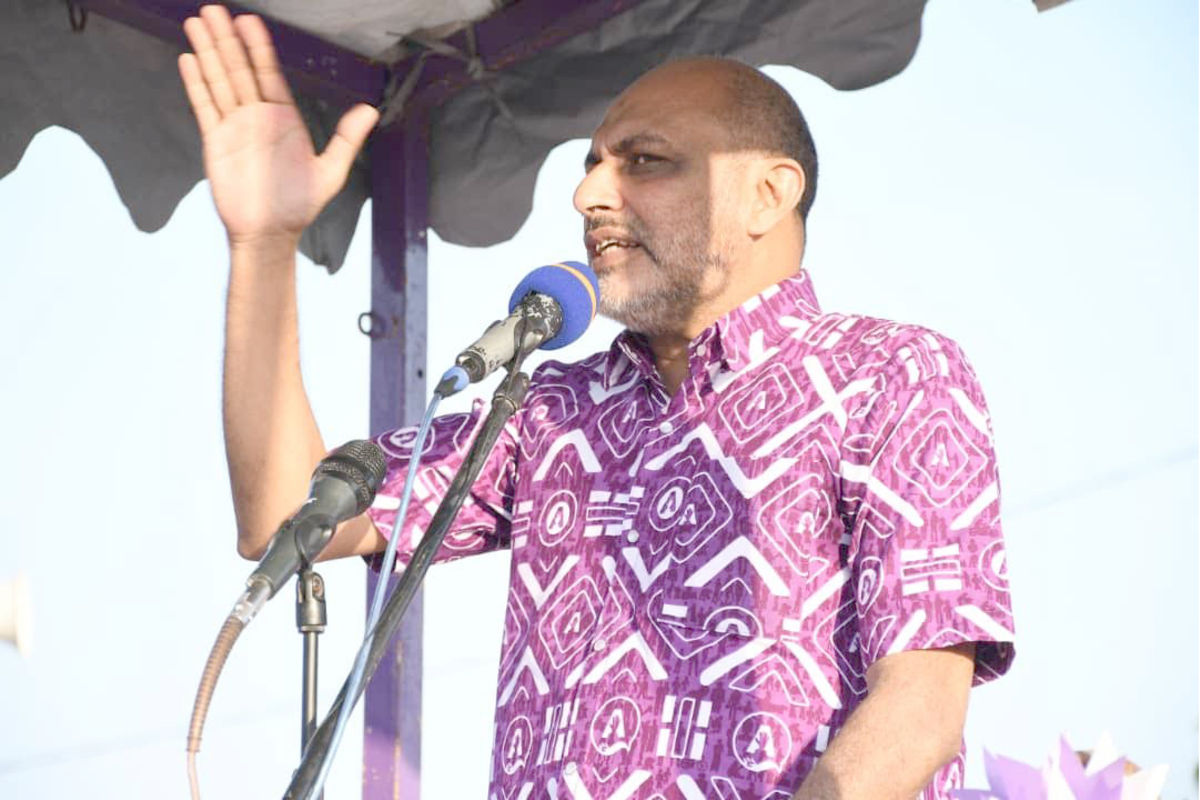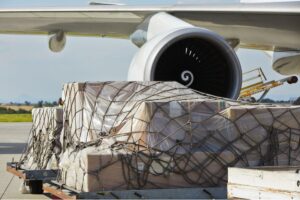Unguja. The opposition party, ACT Wazalendo, has expressed grave concerns over Zanzibar’s escalating public debt, deeming it unsustainable and warning of its potential to ensnare citizens in a perpetual cycle of poverty.
Addressing a public rally at the Kilimahewa Grounds in Unguja, on Sunday June 9 the party’s Vice Chairman, Ismail Jussa Ladhu, voiced bewilderment at the government’s accumulation of debt totaling Sh1.1 trillion within just three years of the current administration.
Jussa highlighted the staggering increase in foreign debt, which surged from Sh155.8 billion in 2020 to the current amount, representing a 609.3 percent rise, with little tangible progress to show for it.
He specifically criticised the construction of markets in Mwanakwerekwe, Jumbi, and Chuini, noting that although these markets were intended to be under local government administration, they have been usurped by the central government.
According to him, the original cost estimates for these projects have ballooned significantly beyond the initial projections provided by the contractor.
“The Chuini market was initially budgeted at Sh31 billion, Mwanakwerekwe at Sh29 billion, and Jumbi at Sh13 billion. However, these costs have since escalated from a total of Sh75 billion to Sh102 billion,” remarked Jussa.
He further underscored discrepancies in the costs of construction materials, citing inflated prices compared to prevailing market rates.
For instance, while cement typically sells for Sh17,000 per bag in ordinary shops, the same product is priced at Sh23,000 per bag in these projects. Similarly, iron rods and bars, which typically cost Sh2.5 million per tonne in common hardware shops, are quoted at Sh3.2 million per tonne for these projects.
He was, however, full of praise for the Union President, Samia Suluhu Hassan, whom he said cares a lot for Zanzibar, citing a recent Sh427 billion loan to construct a new referral hospital at Mbinguni, Unguja, which was acquired during the president’s recent visit to South Korea.
Additionally, the party reiterated its readiness to assume governance in 2025, citing the departure of CCM from the principles espoused in the ASP manifesto established by the late Abeid Aman Karume.
Jussa emphasised the foundational importance of freedom, as articulated by Karume in the 1961 ASP election manifesto, which heralded the end of colonial and foreign rule.
Quoting provisions of the Zanzibar constitution, he lamented the failure of the current government to uphold the principles outlined therein, particularly regarding accountability to the public.
Despite the challenges, Jussa affirmed the party’s commitment to fulfilling its constitutional duties and holding the government accountable.
He asserted that the people of Zanzibar are now more discerning and steadfast in rejecting deception.
Regarding CCM’s deviation from ASP principles, Jussa underscored the loss of faith among citizens and emphasised Karume’s legacy of rapid development without incurring massive debts for personal gain.
Mansour Yussuf Himid, a member of the party’s Central Committee, echoed sentiments regarding the importance of equality and unity, emphasising the vision articulated by Maalim Seif against social divisions.
Himid criticised what he called CCM’s divisive tactics and highlighted the imperative of strong leadership principles to foster unity and progress.
Jussa and Himid urged for a return to the values of solidarity and fairness championed by Zanzibar’s elders, rejecting divisive politics and advocating for a future characterised by love, solidarity, and equitable opportunities for all citizens.















